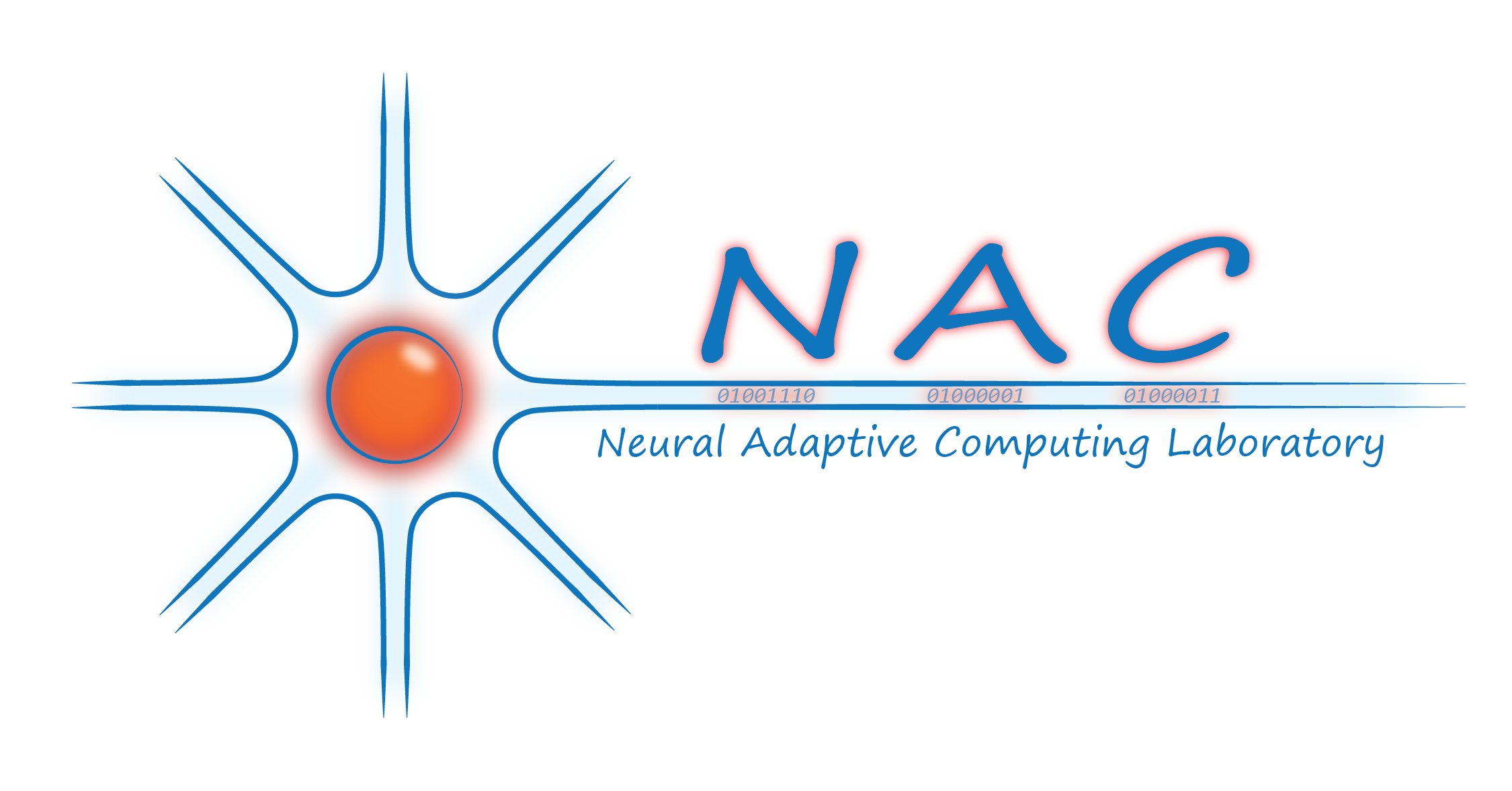
Assistant Professor
PhD, Information & Science Technology (The Pennsylvania State University), Minor in Social Data Analytics
B.S.E., Computer Science & Engineering (Bucknell University, U.S.A.), Minors in Mathematics & Philosophy
Director, Neural Adaptive Computing (NAC) Laboratory
Department of Computer Science
Rochester Institute of Technology (NY, USA)
Office: Golisano Hall Rm. 3537
Email: agovcs AT rit DOT edu (Teaching/Advising), ago AT cs DOT rit DOT edu
